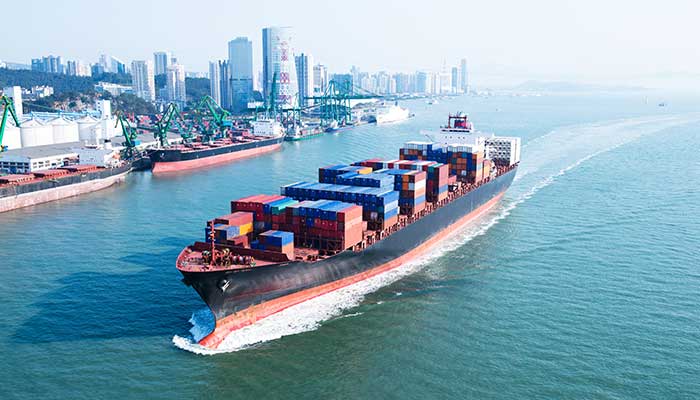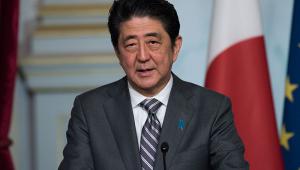The suggestion comes as a shift to the political centre-right sweeps across South America in particular, turning back the surge in leftist populism known as the ‘pink tide’.
Open market advocates have now been installed in a number of the region's key economies, and could drive growth in regional trade and integration.
Jorge Familiar, World Bank vice president for Latin America and the Caribbean, said this would offer "a way forward to reactivate the economic growth needed for reducing poverty and boosting shared prosperity”.
“A more robust intraregional integration will make us more competitive in the global arena” and boost growth, he continued, adding this would require investment in infrastructure, connectivity and logistics.
The World Bank highlighted that measures that could enhance growth and economic stability are “particularly relevant” for a region just emerging from two years of recession, sparked in large part by a collapse in prices of the commodities many of its economies are reliant upon.
The report argues that integration with the global economy cannot be achieved before the region works to strengthen its “own neighbourhood”, calling for an “open regionalism” that exploits synergies between global and regional connectivity.
Currently, regional exports in Latin America hold firm at around 20% of total exports, compared with 60% and 50% in the European Union and East Asia Pacific respectively.
To push this figure up, the bank recommends cutting tariffs, securing preferential trade deals with other countries in the region, harmonising legislation and procedures and integrating labour and capital markets.
Investing in connectivity infrastructure would also help to drive down high trade costs stemming from transporting goods over unpaved roads or low port efficiency, it added.
After more than a decade of rule by governments favouring protectionism, leftist administrations have been ousted in countries including Argentina, Brazil, Colombia and Peru and replaced by those from the centre right – leaders who should look more favourably on the bank's recommendations.
However, while the continent's right turn could foster openness between South America’s new cadre of pro-market leaders, it puts an ideological gulf between formerly friendly nations, such as Argentina and the still leftist-run Venezuela.
It also comes at a time when one of the key proponents of free trade in the Americas, the US, is likely to become more protectionist. Some Latin American leaders have already taken their cue from US president Donald Trump’s policies.
Argentinean president Mauricio Macri recently issued an order significantly tightening restrictions on immigration, particularly from poorer nations in the region. This doesn’t bode well for the bank’s hopes that smaller economies could benefit from openness with their larger neighbours, or that LAC's free market governments will be open to easier movement of labour.














